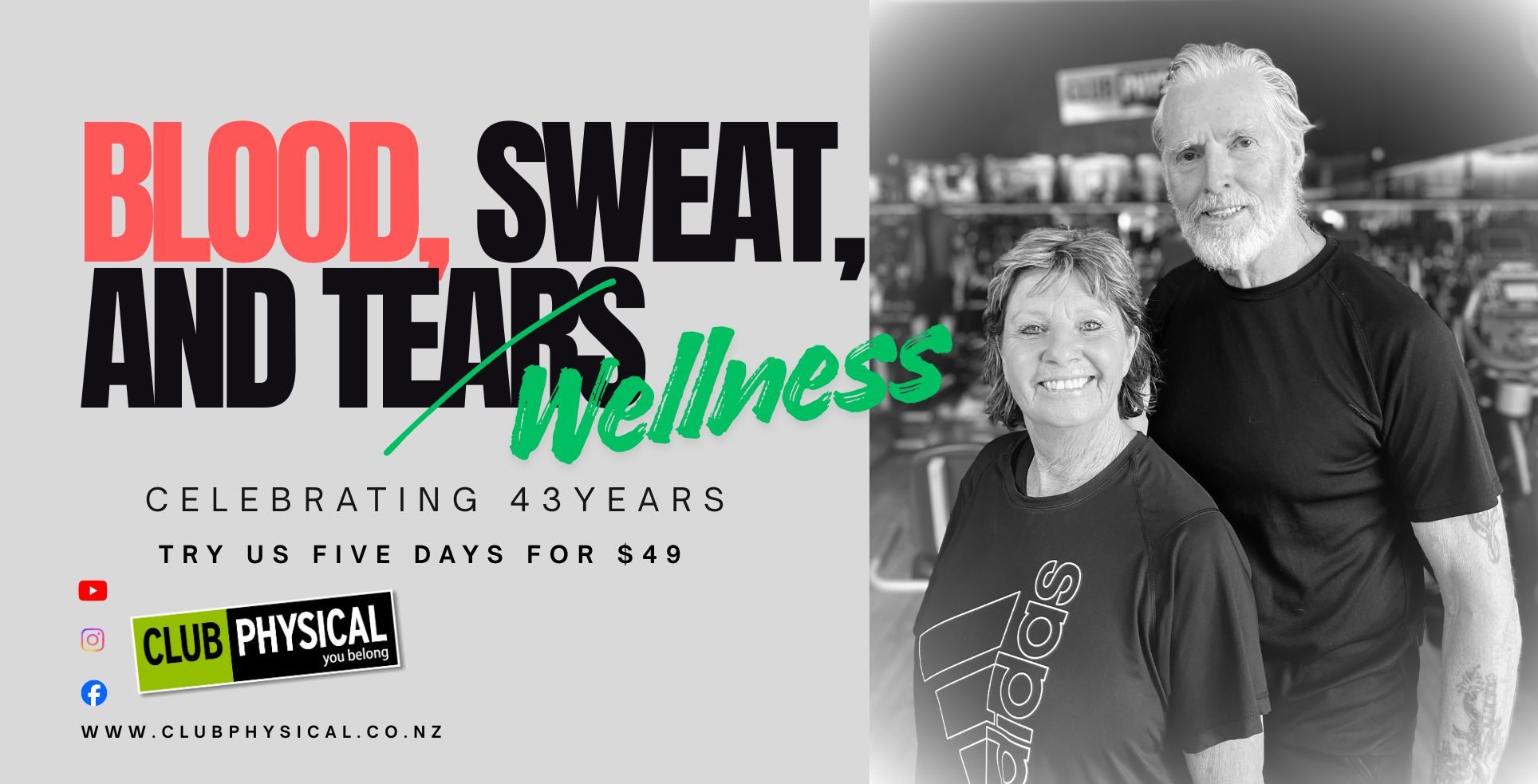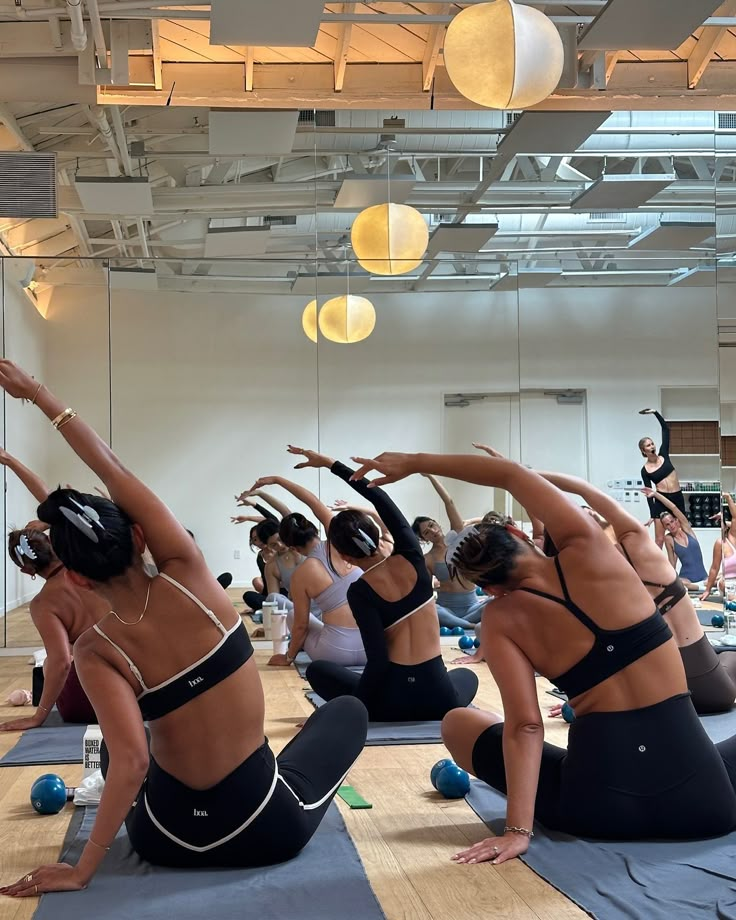Since the lockdowns, an increased number of people have encountered anxiety and depression. The chances are that YOU have a friend or family member who has struggled.
And if you care about the person, the BIG question often puzzling you is ‘How can I better understand this, and what can I do to help?’.
Because this is such an important subject, we’ve allowed a little more space here to help.
You’ve likely heard the terms anxiety and depression used together — but they’re not the same.
- Anxiety is characterized by excessive worry, nervousness, and fear about the future.
- Depression is a persistent feeling of sadness, hopelessness, and a lack of energy or interest in life.
Though different, they often coexist, creating a loop that can feel hard to escape.
What causes anxiety or depression?
There’s no single answer. Both conditions can be triggered by:
- Stress or trauma (including job loss, relationship breakdowns, or chronic illness)
- Chemical imbalances in the brain
- Genetics and family history
- Lifestyle factors like poor sleep, lack of exercise, poor nutrition, or isolation
And yes — since the COVID lockdowns, anxiety and depression have spiked worldwide. In both New Zealand and the U.S., it’s now estimated that 1 in 4 adults will experience some form of mental distress in their lifetime. Young people are especially affected.
How can you help a friend with anxiety or depression?
- Listen without judgment. Sometimes the best thing you can do is just be there.
- Encourage them to move. Even a short walk together can break the cycle of rumination.
- Support small goals. Celebrate little wins — like getting out of bed or making it to the gym.
- Don’t try to “fix” them. Let them lead the pace. Your job is support, not solution.
- Point them to professionals. GPs, therapists, and helplines are vital if things feel too heavy.
How long does it last?
It varies. Some experience a few weeks of struggle, others for months or years. But recovery is possible, especially when early action is taken — and movement becomes a habit.
The Physical Cure: Why Exercise is a Superpower for Mental Health
When you move your body, you change your brain.
- Cardio (like cycling, boxing or running) boosts mood by releasing endorphins and serotonin.
- Weight training builds confidence, purpose, and stabilizes brain chemistry.
- Both improve sleep quality, reduce stress hormones like cortisol, and help you feel in control.
In fact, some studies show regular exercise can be as effective as antidepressants for mild to moderate depression — without the side effects.
At Club Physical, we’re not just building strong bodies. We’re building resilient minds. So, if you’ve been feeling off — or someone you care about has — take that first step. Even ten minutes of movement can be the start of something powerful.
You’re not alone. And you’re not stuck.









